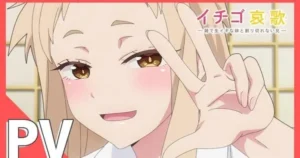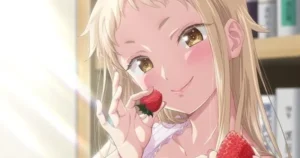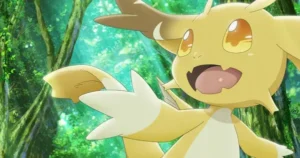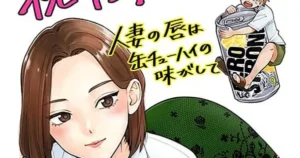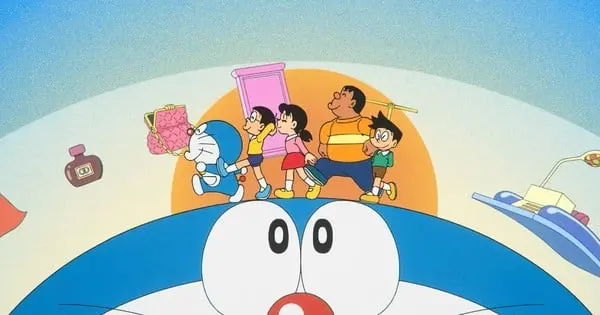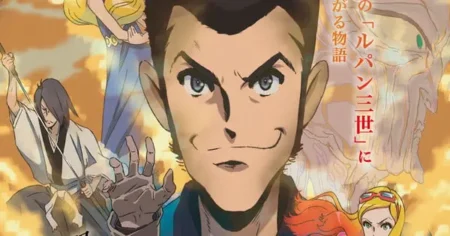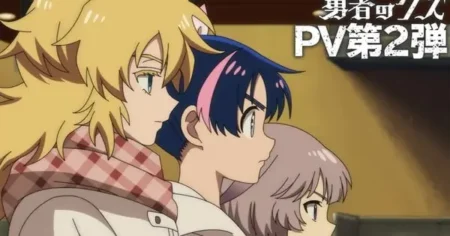Japanese singer-songwriter Tani Yuuki is set to perform “Moshi Monogatari” (If Story), the first new ending theme song for the Doraemon TV anime in two decades. The change marks a significant update for the long-running series, with the new song debuting on October 4.
The announcement has generated considerable buzz, as the beloved robot cat anime has maintained the same ending theme since its 2005 reboot.
A Fresh Sound for a Beloved Classic
Tani Yuuki’s “Moshi Monogatari” will replace “Odore Dore Dora Doraemon Ondo,” which has been performed by Doraemon’s voice actress, Wasabi Mizuta, since the 2005 iteration of the anime began. This transition introduces a contemporary sound to the iconic children’s program. Tani Yuuki expressed his excitement about contributing to a series he grew up watching, stating his desire to convey as much as possible about Doraemon through his music. He hopes “Moshi Monogatari” will inspire children, even when they face setbacks in life.
Tani Yuuki: The Rising Star Behind the Music
Born on November 9, 1998, in Chigasaki, Kanagawa Prefecture, Tani Yuuki has rapidly risen in the Japanese music scene since beginning his activities on social media in August 2015. He is known for his multi-talented approach, handling songwriting, composition, arrangement, and sound production himself, often playing both guitar and piano.
His career saw a significant boost in May 2020 with the release of his song “Myra,” which garnered immense popularity among teenagers and accumulated over 100 million streaming plays. His distinct pop style and heartfelt lyrics have resonated with a broad audience, making him a compelling choice to bring a fresh perspective to Doraemon‘s musical landscape.
Doraemon‘s Enduring Legacy
Doraemon, created by the manga duo Fujiko F. Fujio, first debuted as a manga in 1969 and has since become a global cultural phenomenon. The story follows Doraemon, a robotic cat from the 22nd century who travels back in time to assist the kind but often clumsy schoolboy Nobita Nobi with various futuristic gadgets.
The manga has inspired multiple television anime series, with adaptations airing in 1973, 1979, and the most recent iteration starting in 2005. The anime is celebrated for its imaginative stories, moral lessons, and enduring characters, charming generations of viewers worldwide. The introduction of a new ending theme song after such a long period underscores the anime’s continued evolution while maintaining its core appeal. While the manga never had an official ending from its original creators, the anime continues to produce new content, including yearly films and TV specials.

